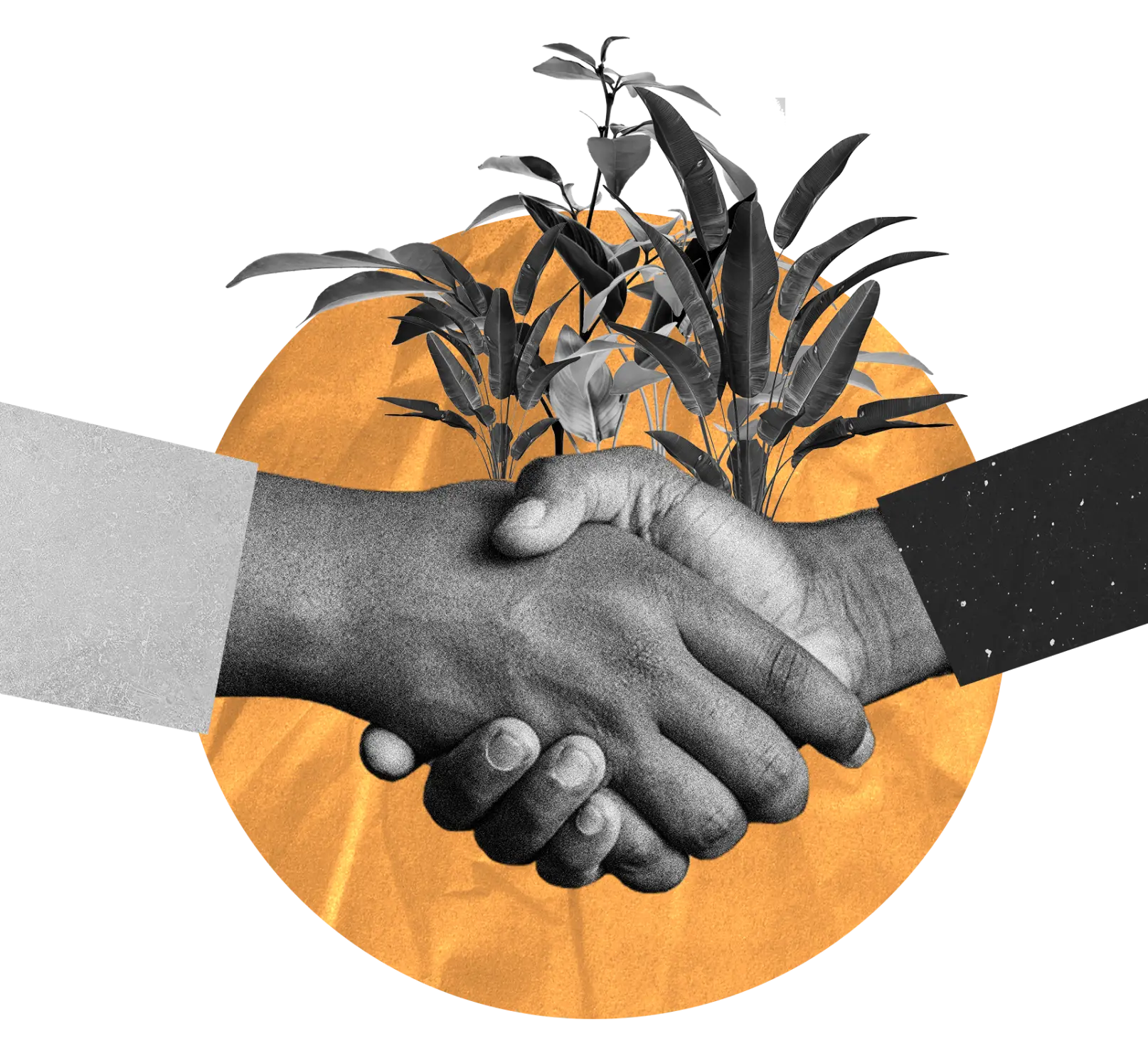Our approach
For over 20 years, the Basel Institute on Governance has built a strong reputation as an independent organisation dedicated to countering corruption worldwide.
Why corruption?
Because corruption is about more than stolen money and bribery. It weakens institutions, fuels crime, blocks development, and erodes trust in society. Today, it’s also used as a tool in both domestic and international power struggles.
Corruption affects us all. Tackling it, and promoting good governance, is vital to building a more just, peaceful and sustainable world.
A broad and evolving challenge
Countering corruption isn’t only about direct anti-corruption interventions. That’s why much of our work also addresses connected issues like:
As corruption and governance risks evolve, so must our response. We work at the frontiers of emerging issues and help our partners stay ahead of the curve.
How we work
We are an independent, technical centre of competence, not a public advocacy group or a traditional think tank. We apply our research and expertise directly in the field and work hand-in-hand with partners to advance practical solutions.
Our approach is guided by four key principles:
1. Empower people
People are at the heart of our work – from victims of corruption to those on the front lines of fighting it. Through mentoring, guidance and peer learning, we help our partners grow stronger.
2. Catalyse progress
We connect practice with policy. Lessons from our on-the-ground experience feed into research, training and technical assistance to inform more effective strategies.
3. Build coalitions
We bring people together and foster collaboration. By breaking institutional silos and building trust, we help different actors work together to combat corruption.
4. Change behaviour
We aim to achieve lasting improvements in integrity and governance by nudging behaviours and influencing social norms. Prevention and enforcement are complementary tools to achieve this.

Guiding principles
Across all our programmes, three principles guide our work:
1. Evidence-based action
Our tools and technical assistance are grounded in factual data and real-world evidence.
2. Focus on long-term progress
We measure long-term impact, not just short-term wins. Real reform takes time, and we expect setbacks and issues along the way.
3. Thinking and working politically
Even technical work happens in a political world. We recognise that compliance with laws and norms depends on navigating power, influence and social dynamics.
More about the Institute

About us
The Basel Institute on Governance is an independent, non-profit organisation working worldwide to strengthen governance and combat corruption and related financial crimes.
Learn more
Governance and funding
Discover the Board, guiding principles and funding behind our organisation’s impact.
Learn more
Work with us
Explore current job openings and consultancy opportunities at the Basel Institute.
Learn more